Online service providers are obliged to remove illegal content when they have knowledge of its presence on their services. This is a regime established by the e-Commerce Directive and reaffirmed by the DSA proposal; it is applicable to all online service providers, and sets out specific rules as to how they should generally tackle illegal content online. The DSA proposal also goes a step further, by providing service providers with the necessary legal certainty to proactively address illegalities across their systems.
That said, deciding what is and is not illegal is not always black and white. Illegality can be based on the nature of the content itself, or based on how a benign piece of content is illegally used. Rules also differ across EU Member States. These dynamics create a complicated ecosystem of rules and responsibilities. While the DSA proposal aims to establish a clear legal framework to tackle illegalities online in a horizonal manner, sometimes more specific vertical rules are required to better address the specificities of certain types of illegal content.
Below you will find DOT Europe’s latest publications in relation to illegal content online, focusing on more specific issues outside of the DSA, including (but not limited to) terrorist content online, illegal hate speech, and IPR infringements.

